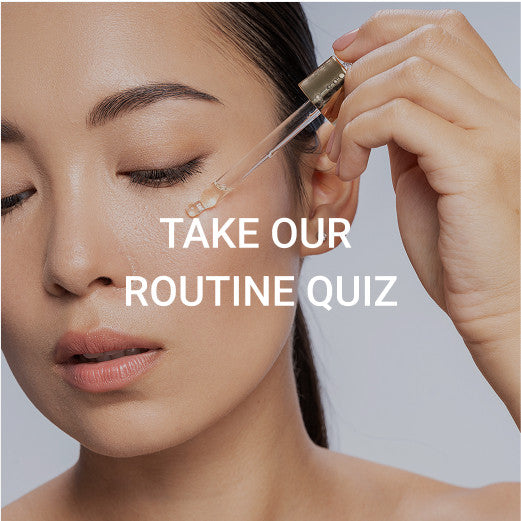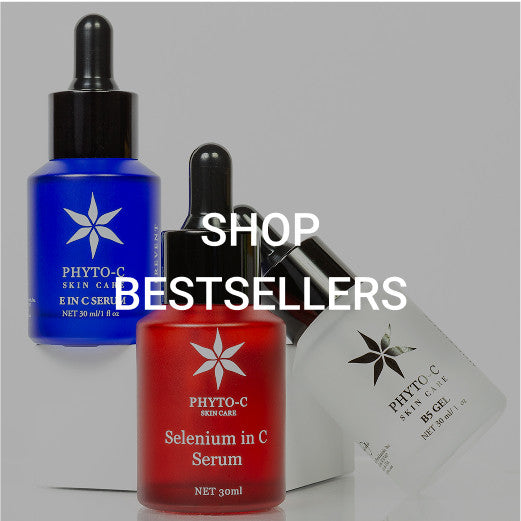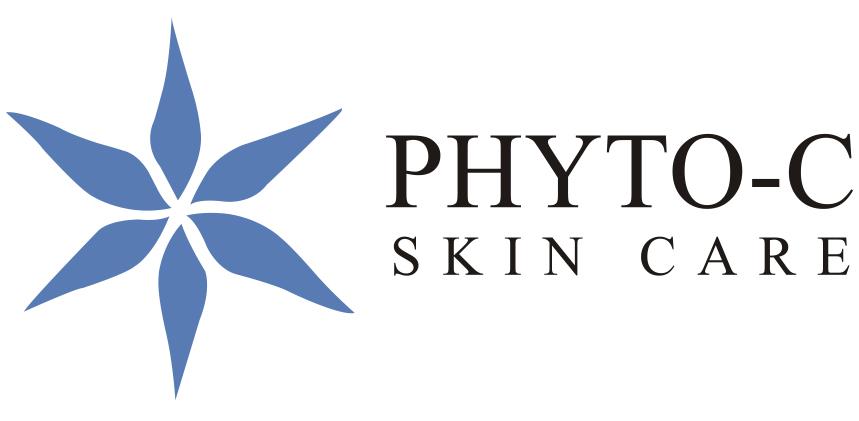If you’re shopping for the best vitamin C serum, here are three things to look for:
- Is the vitamin C in the form of L-Ascorbic Acid?
- Is the concentration of vitamin C/ L-Ascorbic Acid (LAA) more than 20%?
- Is it an aqueous based solution with a pH below 4.2?
The perfect vitamin C skin care product should be the center of every skincare regimen. Every good skin care regimen that is. What is most shocking is that people are willing to spend several hundreds of dollars for Vitamin C serums that consist of nothing more than water and additives. This may not apply to all vitamin C serums but I highly suggest you do your own research before you spend fifty or more dollars on a product. Therefore, it is important to be well-informed before making any decisions on the best vitamin C serum to incorporate into your skincare regimen.
What is Vitamin C and Why is it Important?
Vitamin C also known as L-Ascorbic Acid (LAA) is the most abundant water-soluble antioxidant found in your skin that is continuously depleted as environmental aggressors constantly attack it. Therefore, vitamin C constantly needs to be replenished and supplemented with more vitamin C in the form of L-Ascorbic Acid to properly protect your skin from being damaged and expediting the premature signs of aging. Besides wrinkles being the beginning (and most frightening) signs of aging; vitamin C plays an extremely important role in photoprotection, neocollagenesis, inhibition of melanogenesis and improvement of a variety of inflammatory skin disorders. It’s important to note, that the above are not product claims as most vitamin C serums are cosmetics.
The question that must be in the back of everyone’s mind; “If I need more vitamin C, why don’t I just go to my local pharmacy and pick up an over-the-counter vitamin C serum for $9.99 that has vitamin C and some hyaluronic acid? Let’s take a quick look at all the “vitamin C’s” out there.
- Ascorbic acid
- Sodium Ascorbyl Phosphate
- Magnesium Ascorbyl Phosphate
- Ascorbyl Palmitate
- Ascorbyl tetraiso-palmitate
- Ascorbyl glucoside
- Ascorbyl 2-phosphate 6 palmitate
- 3-O-ethyl ascorbate

Source: Stamford, N. P. (2012), Stability, transdermal penetration, and cutaneous effects of ascorbic acid and its derivatives. J Cosmet Dermatol, 11: 310-317.
How to pick the best Vitamin C Serum
The most critical aspect of a vitamin C serum is the formulation. The formulation must meet a few key criteria including the molecular form of vitamin C, the concentration, and the pH.
The vitamin C in the formula must be in the form of L-Ascorbic Acid, the concentration must not exceed 20%, and the pH of the formula must be less than 4.2. These key elements are important because different forms of vitamin C molecules besides L-Ascorbic Acid need to be CONVERTED into Ascorbic Acid for it to be effective which occurs AFTER it’s applied. Therefore, the different molecular forms of vitamin c formulations must first be absorbed by the skin and successfully converted into ascorbic acid.
What Vitamin C Skin Care product should I buy?
After reading through the ingredients of the top ten vitamin C serums on amazon; they all contain vitamin C derivates including, sodium ascorbyl-phosphate and magnesium ascorbyl-phosphate. These are vitamin c salts that are stable in solution at about pH 7. Ascorbyl phosphate is a vitamin C salt and are therefore not antioxidants either, which is why they must first be converted into ascorbic acid.
Although magnesium ascorbyl-phosphate can be absorbed by the skin and converted to ascorbic acid, however, ascorbyl phosphate salts are poorly absorbed by the skin if at all in comparison with ascorbic acid.(1) This is because it has an increased chare density meaning the pH won’t be below the required pH of 4.2.
Conflicting studies have shown sodium ascorbyl-phosphate was not observed to penetrate the epidermis while it has in another. In another experiment, only ascorbic acid and not magnesium ascorbyl-phosphate improved skin barrier function suggesting a difference in rates of skin penetration. (2) Lastly, different forms of vitamin C’s provide little to no benefit.
What about L-Ascorbic Acid that is not dissolved in water?
Now that we have established a vitamin C formulation must be in the form of L-Ascorbic acid to be effective; we need to further discuss another issue that companies are trying to use to market their serums to uninformed consumers. A few vitamin C are in a non-aqueous based gel compromised of mostly of silicone. These companies do not have peer reviewed percutaneous studies or any studies for that matter. L-Ascorbic Acid in a non-aqueous base is more stable because LAA is inherently unstable in water, heat, and oxygen. Using another base that doesn’t allow vitamin C to oxidize without substantiating its effects are equally as bad as vitamin c derivatives.
The Best Vitamin C Serum for your Skin Care Regimen:
In order to make sure you are buying the most effective Vitamin C serum; be sure your vitamin C formulations are in the form of L-Ascorbic Acid, they are in an aqueous (water) based solution, the pH should be below 4.2, and the concentration of vitamin C to be at equivalne or below 20%.
Vitamin C oxidizes relatively quickly once opened and exposed to oxygen, warm temperatures, and light. Therefore, you should keep your vitamin c formulations in a cool, dark place such as the refrigerator.
Vitamin C Recommendations:
Serum Fifteen for sensitive skin and combination sin
Serum Twenty for those with mature skin
SuperHeal O-Live Serum for all skin types with over 40x the antioxidant benefits than that of vitamin C alone.
Selenium in C Serum for mature skin with advanced photodamage.
Sources:
- https://onlinelibrary.wiley.com/doi/abs/10.1046/j.1524-4725.2001.00264.x
- https://www-ncbi-nlm-nih-gov.uri.idm.oclc.org/pubmed/23174055
By Eddie Omar Ph.D


 My Account
My Account Our Story
Our Story Shipping Information
Shipping Information Returns
Returns FAQ
FAQ VIP Rewards
VIP Rewards Contact Us
Contact Us
 Next Post
Next Post